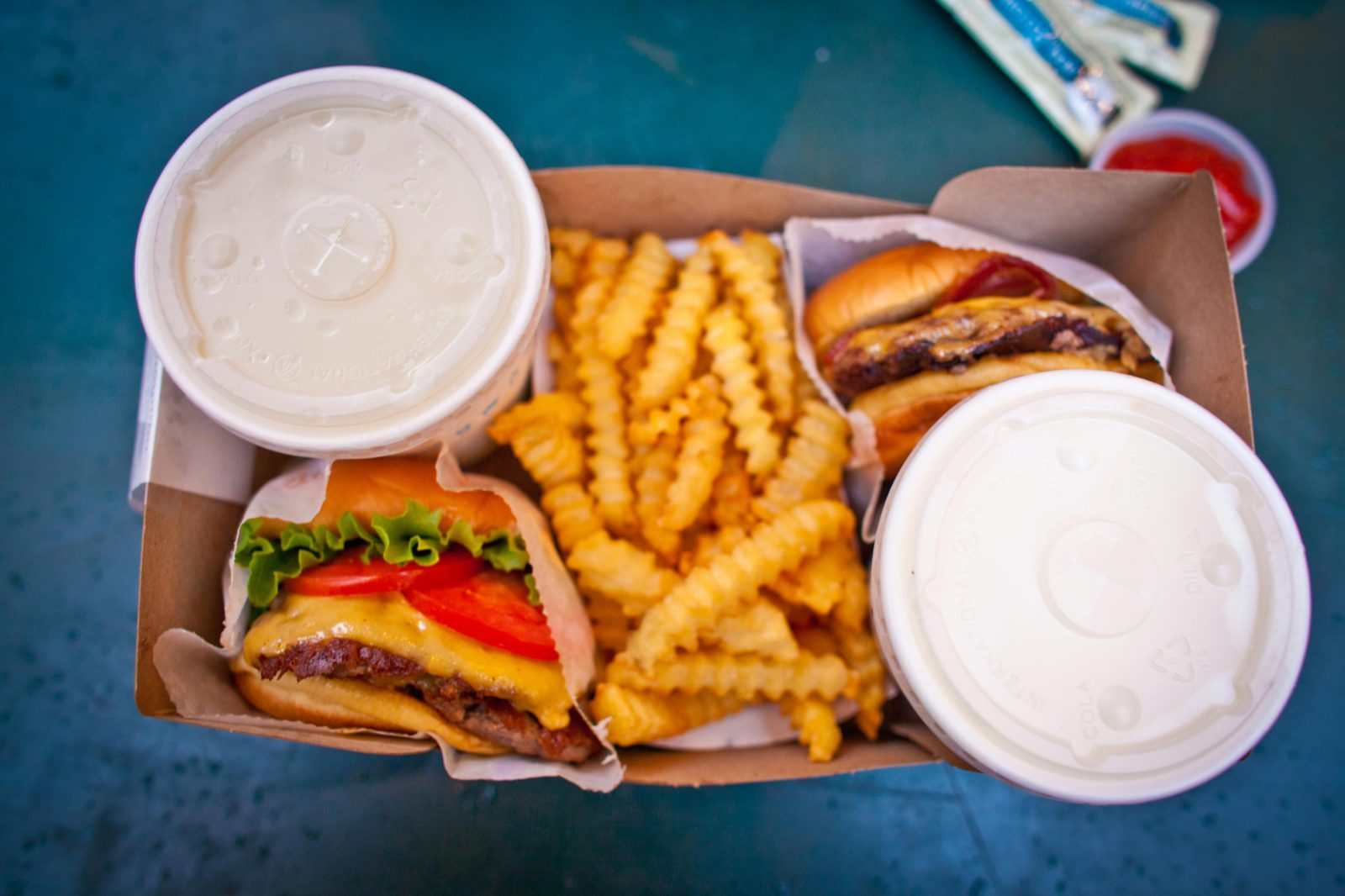The Czech Postal Service is testing a new food delivery service in a move that could make life a little easier for rural residents. The pilot project, in collaboration with the Coop supermarket chain, is aimed at offering a more accessible grocery shopping option to customers in the Hlinsko region of eastern Bohemia. Although the service is not intended to compete with established online supermarkets like Rohlík or Košík, it promises to simplify grocery shopping, especially for those who may not have access to the internet or prefer not to venture out to the store.
In a departure from traditional delivery models, the service allows customers without internet access to order groceries over the phone. The postman arrives at the customer’s home, and together, they use a tablet or smartphone to place the order directly with the Coop e-shop. This will require postal workers to be equipped with the necessary technology starting in January, with plans to integrate digital identity verification using Czech ID cards.
The service launched in early December in 25 villages around Hlinsko and is being tested for a period of six months. Delivery is set to be quick, with customers receiving their groceries within a few hours or even minutes, depending on distance. However, due to the limitations of the vehicles, which are equipped only with thermoboxes, frozen food deliveries will not be available. The cost for delivery is 77 CZK, and for now, no other food delivery services are available in the area.
The service is particularly aimed at senior citizens and people working from home who find it difficult or time-consuming to go grocery shopping. Orders must be paid for by credit card, as the postal service has chosen not to handle cash, citing the added complexity of processing payments. This could potentially encourage some customers to open a bank account, especially those who still rely on cash.
Miroslav Štěpán, CEO of Czech Post, views the move as a “historic moment” for the organization, which has been struggling with profitability in recent years. After closing 300 branches last year, which drew criticism from municipalities and customers, Czech Post is now exploring new services like processing job office benefits and offering parcel pick-up from private companies like DPD at their post offices. The food delivery service is seen as an opportunity to utilize the postal network more effectively, especially in underserved rural areas where access to stores and e-commerce services can be limited.
The food delivery service is designed as a complement to Coop’s local stores, focusing on smaller, regional orders rather than the large, fast-paced deliveries offered by larger online supermarkets like Rohlík or Košík. Coop plans to differentiate the service by focusing on its network of local stores, providing a more personalized, slower-paced alternative to the rapid deliveries seen in urban areas. In contrast, competitors like Košík, which specialize in bulk orders and quick delivery of fresh items, don’t see the postal service as direct competition.
While some courier services, like DODO, already offer food delivery in partnership with chains like Billa, Tesco, and Albert, Czech Post’s offering fills a niche for those in smaller towns who may have less access to such services. If the pilot proves successful, it could pave the way for similar initiatives in other rural areas, helping to bridge the gap in food delivery options and further integrate postal services into daily life.





